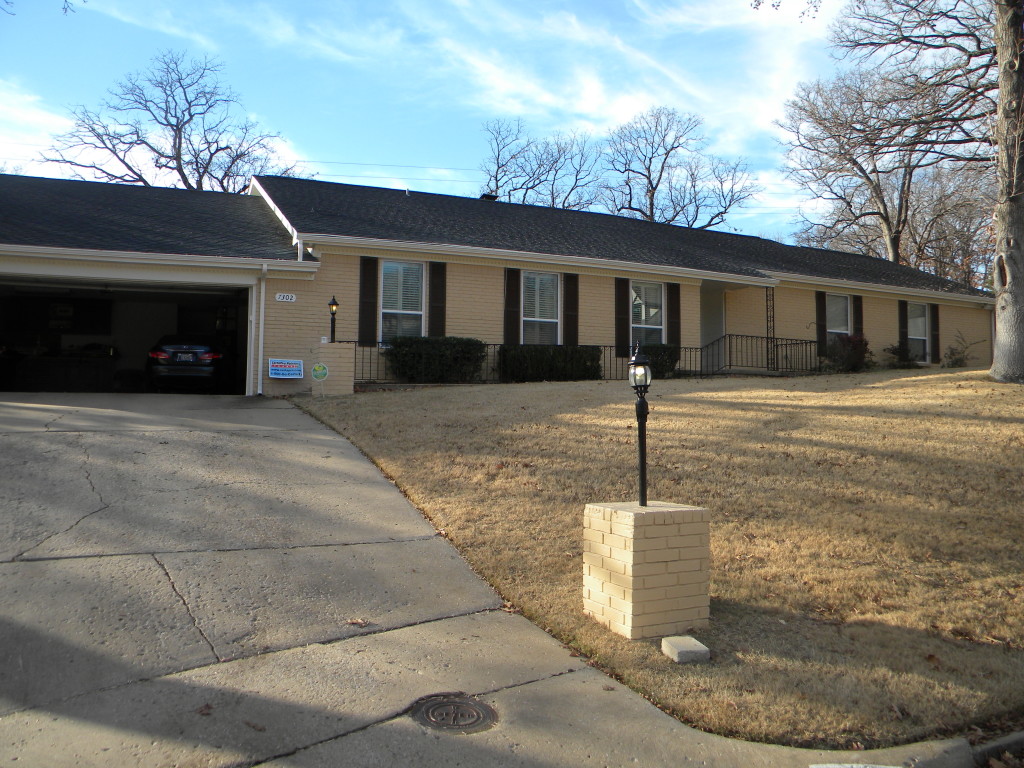A reverse mortgage in bankruptcy is possible but the type bankruptcy you file matters. When a consumer files for bankruptcy in Oklahoma they’ve got two choices. The choices are either a chapter 7 bankruptcy or a chapter 13 bankruptcy. Although both type bankruptcy cases are designed to get consumers out from the heavy hand of creditors, the two are totally different.
Bankruptcy Options
The chapter 7 is a liquidation or fresh start bankruptcy. This bankruptcy doesn’t require you to pay any of the unsecured debt back. It also allows you to keep all of your unsecured exempt assets. The big hitch for filing a chapter 7 is that it has an income limit. If you must exceed this limit you will not qualify. In the event your income exceeds this limit you must file a chapter 13. A chapter 13 is another great solution. It requires that you pay some portion of the unsecured debt back over a five year period. Essentially, a chapter 13 reorganizes your debt. It forces your creditors to accept a reduced amount over the life of chapter 13 bankruptcy plan.
Reverse Mortgage in Bankruptcy
Reverse mortgages come in several different types. Each of them and have several different provisions that may be considered as a breach of the agreement. A reverse mortgage pays the home owner a potion of their equity. It also allows the home owner to remain in the house until its sold or they pass away. Some reverse mortgages give the home owner a lump sum payment while others pay out the equity in monthly installments until the equity is used up.
You can file chapter 7 or chapter 13 in Oklahoma and not risk the reverse mortgage but you need to read the terms of the reverse mortgage contract itself. Some contracts could make the filing of a bankruptcy a basis for foreclosure under the terms of the reverse mortgage.
Home Exemptions in Bankruptcy
In an Oklahoma bankruptcy the equity you have in your home is exempt.The exemption exists for both the chapter 7 and chapter 13. This means that the portion of the house that you still own, beyond the portion carved out for the reverse mortgage holder, is not subject to liquidation. But be careful, A reverse mortgage in bankruptcy may be impacted if you haven’t paid the taxes and insurance on the home. Often times, when the reverse mortgage pays the home owner in one lump-sum, the responsibility to pay the taxes and insurance are of course left to the home owner. For those with limited means a high tax bill can be an expense that you’ve not prepared for. Failure to pay the taxes and insurance could be a basis for the reverse mortgage loan holder to foreclose on the property.
Although a reverse mortgage in bankruptcy is something that can be done you should make sure to get the advice of a local bankruptcy law firm. The bankruptcy process is full of complex provisions let alone how a reverse mortgage in bankruptcy is treated.

